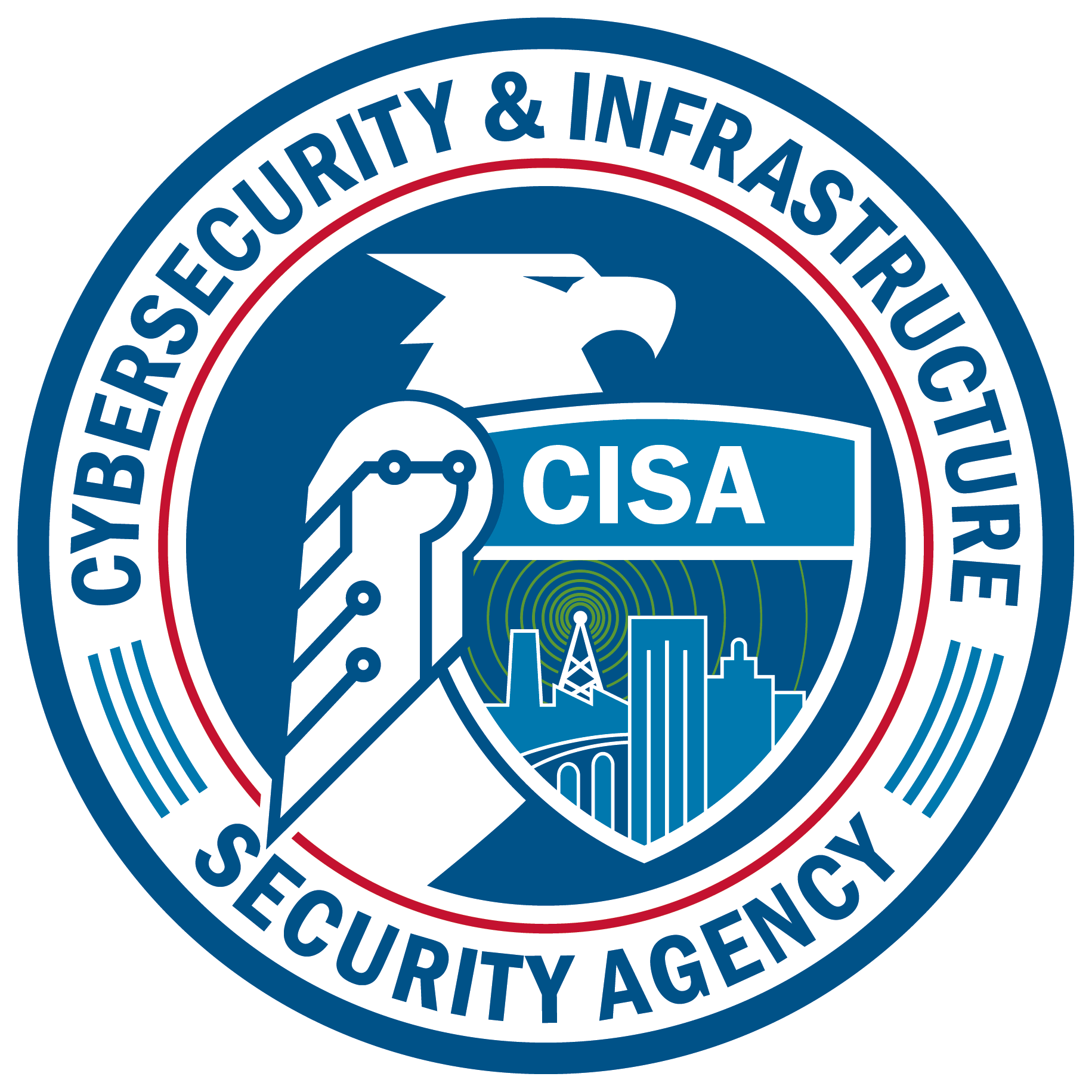.Gov for executive branch federal agencies
Submitting domain requests
Federal executive branch agency requests for new .gov domains will be reviewed by the Office of Management and Budget (OMB) as required by M-23-10, The Registration and Use of .gov Domains in the Federal Government.
When submitting a request, you must describe:
- What the domain will be used for
- Who the intended audience is for the domain, including primary users
- Why the specific domain name is needed and how it follows the naming requirements
All domain requests must have the approval of the agency’s Chief Information Officer, or the head of the agency.
Review of requests
OMB will review domain requests from federal executive branch agencies. Agencies can establish .gov domain names for any legitimate purpose, and are encouraged to register domains as needed to most effectively meet their mission. However, .gov domain names are a shared resource across all U.S.-based government organizations and agencies have a responsibility to carefully consider how potential domain names might impact the public and how they interact with government information and services.
OMB reviews all domain requests from the federal executive branch to:
- Ensure agencies are following relevant policies and domain name requirements.
- Help avert or resolve potential domain-naming conflicts between agencies.
- Reduce confusion arising from overuse of similar domain names.
- Reduce issues of misalignment between a domain name and its intended use.
In areas of domain name conflict, OMB will seek resolution with the agencies involved. OMB may deny a domain name request or a domain name renewal, or may request that an agency transfer ownership of an existing domain to another agency to remediate potential conflict or confusion. Agencies that do not follow the requirements and prohibitions below may have the relevant domain name transferred, terminated, or not renewed.
Naming requirements for executive branch federal agencies
A good domain name is memorable, no longer than necessary, and describes your organization or service in an unambiguous way.
Brand or product identity
A domain name helps establish brand identity. Be careful when establishing domain names as not everything an agency does warrants a separate brand or product identity.
Agencies should use domain names to delineate:
- Organizations (e.g., the agency name or bureau name)
- Products (e.g., an online tool)
- Services
- Programs
- Initiatives
You are encouraged to establish a new domain name when there is a clear need to provide online information, tools, and services to a user population based on public or business needs. Related information, content, tools, and services should be collocated on one domain so that your users do not have to navigate multiple websites to complete tasks.
You are discouraged from establishing separate domain names for smaller or minor organizational divisions, products, or services. For smaller units, you are encouraged to use subdomains or URL paths on existing domains.
Generic terms
Agencies may request generic domain names. Generic names should be used sparingly for:
- Broad government-wide efforts
- Multi-agency collaborations
Generic names may not be approved when an agency lacks significant or singular authority over a thematic topic. While a generic domain name is easier for people to remember than an unfamiliar brand, the intended use of the domain should match the potential public expectation for that domain name.
Unique and unambiguous
Agencies should avoid domain names that could be ambiguous or likely to mislead or confuse the general public, even if the domain is only intended for a specific audience or purpose.
If a domain name can be used to describe many different things in different contexts, agencies should request a domain name that is more specific.
Length and characters
A good domain name is no longer than necessary. Agencies should strive to keep their domain name under 15 characters. Longer domain names are harder to remember, and more prone to errors when typed.
Domain names should:
- Generally be at least three characters
- Generally not longer than 30 characters
- Include only letters, numbers, or a hyphen (other characters, including spaces are not permitted)
- Not begin or end with a hyphen
Variations
Agencies should avoid requesting unnecessary domain name variants unless there is a compelling need. Each domain name variation request will need a compelling justification, specific to that request.
Variations of domain names could include:
- Alternative name
- Different spellings, typos, or misspellings
- Foreign language equivalents
- Acronyms
You may not defensively register variations of a .gov domain name. While this practice may be common when registering domains open to the general public, the .gov domain space is not first come, first serve and agencies do not need to protect against unauthorized use of their brands. Additional domain names for the same use case may not be approved.
Required and prohibited activities
Prohibitions on non-governmental use
Agencies may not use a .gov domain name:
- On behalf of a non-federal executive branch entity
- For a non-governmental purpose
Compliance with the 21st Century IDEA is required
As required by the DOTGOV Act, agencies must ensure that any website or digital service that uses a .gov domain name is in compliance with the 21st Century Integrated Digital Experience Act.

